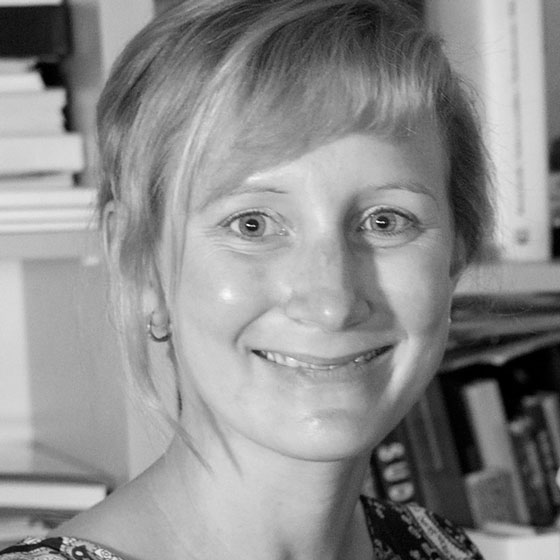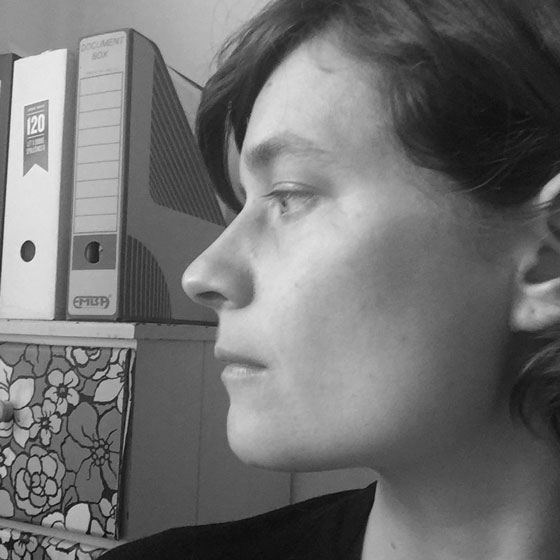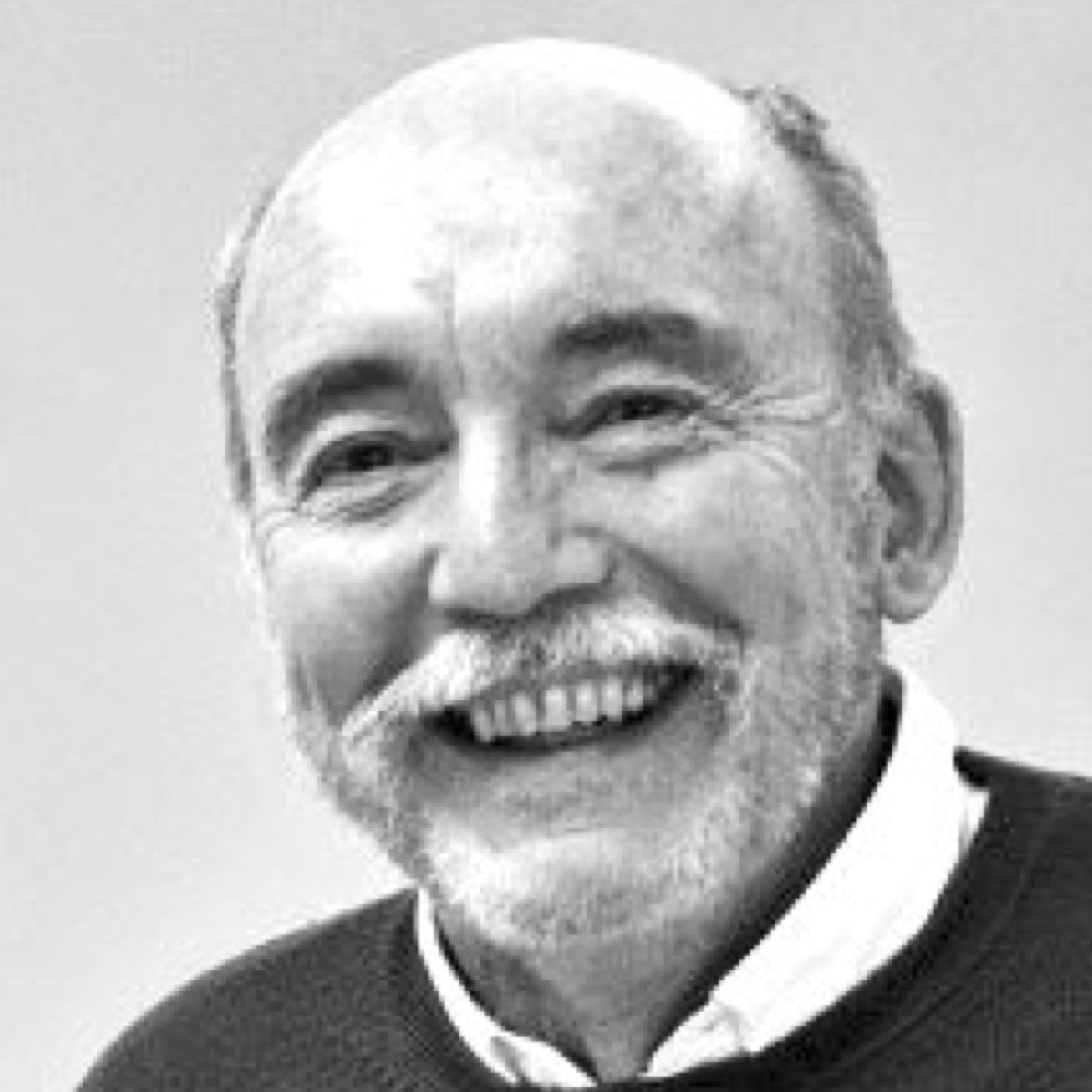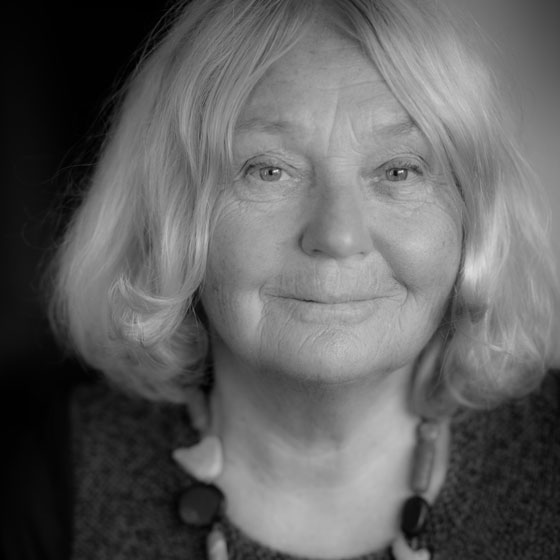
Mariana Čapková
Dear Prague Spring 50 participants,
As we were sitting in the hotel lobby on the last evening, after Prague Spring 50 had ended, I felt a kind of gap in my soul and heart. After one intensive year of organizing, the incredible week was all over, and I felt myself to be so full of impressions that I needed to follow up. I wish to share my thoughts about the many wonderful experiences and to discuss the potential impact of Prague Spring 50.
I really enjoyed the mixture of different speakers, not only meaning their nationalities and ages, but also their different points of view and ideas. The good thing about a gathering of clever, interesting and well-educated people is that they raise discussion points, questions, and in the best cases, also answers. Some of the speeches were moving and emotional, some of them were strictly professional, but all of them were extremely inspiring and touching. I am very happy that we were able to meet as a whole group at almost every talk because each speakers’ ideas, and each question raised in return, made it so extremely interesting and provided a precious dialogue for us and the public.
During this whole conference I kept wondering, “Why are we meeting here - in Nebraska? Why does the Czech Republic not provide anything like this, or at least only in limited fashion?” It does make America a welcoming environment, however. People feel honored to come as speakers and feel free to speak more openly than they would back home.
The mixture of Czech and American speakers, of people who lived through it all, and ones who just knew of it from stories and reading, made the conference a very open-minded and free environment, where people had no problem asking even intimate and private things. There were no worries about political correctness and everybody could freely express their ideas. The lectures were bound to each other by each speaker’s willingness to intimate their feelings as realistically and openly as possible, and I am not sure this would have been the case back home. Very important, and moving for me, was the presence of the two distinguished ladies from Australia who brought a completely new ambiance to the group. Also, throughout the entire week, the presence of Václav Havel, brought to life through the pictures of Alan Pajer, meant a lot to me.
Some speakers were shy and modest in their presentations; some were extroverted and very entertaining, but no matter which way, it was extremely varied and enriching. I found it very important that we not only connected through our speeches, but we spent the whole week together from morning until late at night. The discussions were ongoing wherever we would move. Musical experiences, both classical music and jazz, made this event unforgettable! We saw many tears in the eyes of the audience and these were very moving moments for me.
There were many things that needed to have been said during the last 50 years but were not. Until this conference. I hope this conference created change in many people’s lives just like it did mine. Thank you for everything!
Petra Hůlová
Talk Title: 1968 in 2018
Prague Spring 50 was a unique concept of an academic conference intertwining with a reunion of Czech immigrants. The University of Nebraska-Lincoln embraced us, the participants of the conference, with welcoming hospitality and recharged us with pride in our Czech-ness, a thing that most of Czechs in the Czech Republic rather lack. The conference was most interesting at its subversive moments, such as when Prague Spring 50 became more an occasion for challenging discussions than a field for the simple unleashing of memories.
I adored Jacques Rupnik´s presentation which started reminding us of the famous Havel versus Kundera argument over 1968. The argument asked whether Prague Spring was an attempt to come back to normality or an example of Czech exceptionalism trying to combine socialism and communism. Following this were many open questions such as: What are we reverting to when we are dismantling communist system? Or what are we Eastern Europeans after twenty-eight years of imitation of the West going to imitate now? And if this contemporary vacuum of models might partly explain Orban´s success in Hungary and Kaczynski´s success in Poland?
Memorable moments were plentiful. I will remember Tomáš Sedláček´s comment that there was no anti-communist revolution in Russia, Marketa Goetz-Stankiewicz´s placing of Orwell´s work in her virtual library between Havel and Kafka, or Paul Wilson´s humorous sentence that good politics is where the heart is – slightly left from the center. I enjoyed also the public Skype conversation with Czech artist David Černý, the creator of the famous Entropa sculpture, where by an absence of Great Britain on the map of Europe, Černý proved that it might be actually the artist instead of a specialist in political forecasting who is able to foresee our future best.
I am grateful for the opportunity to participate.


Martin Kratochvíl
Sometimes you hardly notice that you have lived through a historical event. You are concentrated on everyday life, your memory is polluted by very individual feelings, you see history as a chain of personal achievements or losses and your consciousness is tuned to a very personal frequency. You just do not know something extraordinary is rolling over your head that measures time at a different pace.
As Martin Heidegger explained, the time of History does not always coincide with the time of Dasein, and even more strange: the time of History is not equal to a “on line” or present mechanical time (as a number of movement – according to Aristotle), but has its own pace and speed. Well, enough of boring philosophy. I wrote this introduction only to stress something the academy has known for ages: the importance of a historical event comes with distance from the actual occurrence of the event and achieves meaning only with time elapsed.
In the Czech Republic, the cradle of the Prague Spring, not much is happening on the 50th anniversary of the tragic event, but the people at the University of Nebraska realized the truth: Prague Spring was not only an unlucky break in Czechoslovakia’s path to freedom, but a phenomenon whose importance is much more universal and requires more profound study and understanding.
The week-long conference in Lincoln was a very interesting and fruitful event adding so much to our fading memory and shallow understanding of the Prague Spring. The gap of fifty years adds an important time distance and allows a deeper comprehension. The great speakers, both those who lived through the time of the Soviet invasion and have acted in its history and those who target the event in their associated studies, have given us their new reflections. Only then did I realize the whole meaning of the event and its legacy for the future politics, in the Czech Republic, but more generally in any country dealing with Russia today.
Professor James Le Sueur, the spiritus agens of the whole conference, deserves the credit for organizing this very useful gathering of independent minds and inspiring spirits!
Thank you “all the lovely people” at the University of Nebraska-Lincoln and thank you to all who came from places many time zones away to share their views in a great conference!.
Eda Kriseová
Talk Title: Frozen Spring
Last summer this conference seemed rather a mysterious project. What an unusual range of speakers! What were we supposed to talk about? About the Prague Spring that took place fifty years ago, and about normalization. The invited speakers: a television archivist, two jazz musicians, two writers, director of the Václav Havel Library, a political scientist, an economist, artist, etc. In short, it was a very colorful list - as when Dog and Cat were making the cake in a classical story by Josef Capek, and they put in all that was good! But the conference - unlike the cake - turned out very good! All old and new friends were happy to be together for those five days! Beside the wonderful conference, I really enjoyed meeting students of Czech language and descendants of Czech settlers who translated my writings, which we read and talked about together. We also visited the predominantly Czech town of Wilber, Nebraska and its Czech museum, pub, and Bohemian cemetery. The descendants of Czech settlers were very nice! How brave must their grandfathers and grandmothers have been to settled down on the prairie and work the land, living in sod houses at first, while thinking of a paradise lost. God knows, it was not a paradise, and it was not a paradise for those who settled in the New World either.
